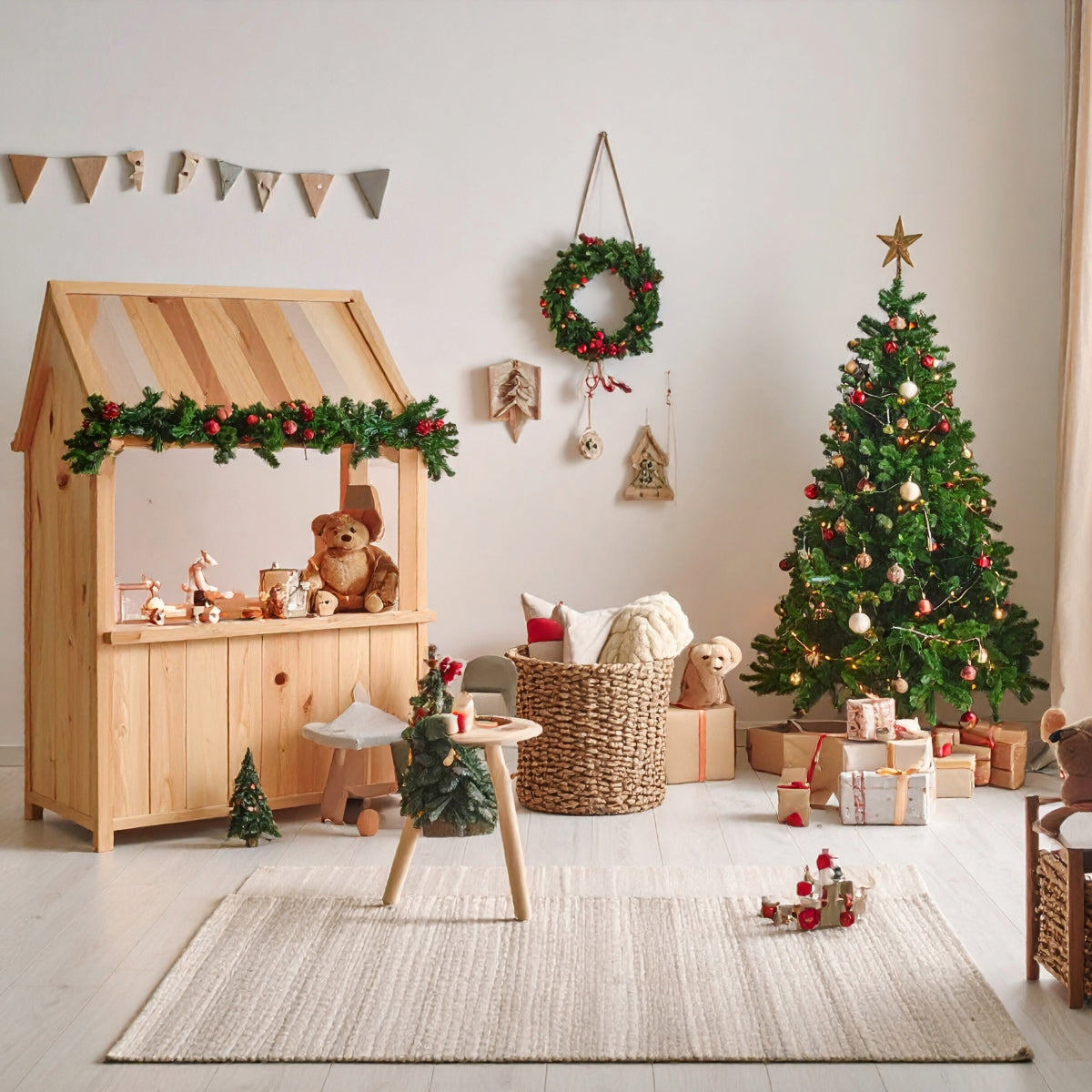
Linden
Limewood – Properties, Uses & Special Features
Limewood comes from trees of the Tilia genus, especially the large-leaved lime (Tilia platyphyllos) and the small-leaved lime (Tilia cordata). It is one of the classic European hardwoods and has been used for centuries in handicrafts, toys, and furniture.
Origin & Species
-
Genus: Tilia
-
Main species: Large-leaved lime, small-leaved lime, Dutch lime
-
Distribution: Europe, North America, Asia
-
Sustainability: Native, widely available, ecologically sound
Appearance & Structure
-
Color: Whitish to yellowish, sometimes reddish or light brown
-
Grain: Fine, even, unobtrusive
-
Surface: Silky matte, smooth after planing
-
Special feature: Hardly any difference between sapwood and heartwood
Technical Properties
| Feature | Description |
|---|---|
| Hardness | Soft (Brinell hardness approx. 13–20 N/mm²) |
| Density | Approx. 490–530 kg/m³ – light to medium weight |
| Workability | Excellent for carving, planing, and turning |
| Elasticity | Low – more tough than flexible |
| Durability | Class 5 – not weather-resistant |
| Drying | Requires care, prone to cracking |
Applications
-
Toys: Figures, marionettes, plug-in games, doll furniture
-
Handicrafts: Carvings, altars, sacred art
-
Musical instruments: Harps, piano keyboards, organ pipes
-
Furniture: Decorative moldings, veneers, core wood
-
Model making: Architectural models, casting molds
-
Everyday items: Brush bodies, kitchen utensils, picture frames
-
Drawing charcoal: High-quality artist charcoal made from limewood
Advantages
-
Very easy to work with – ideal for carving
-
Non-toxic and low splintering – safe for children
-
Light, friendly appearance
-
Good for staining and lacquering
-
Sustainable and locally available
Disadvantages
-
Not suitable for outdoor use
-
Prone to fungal attack when damp
-
Yellows under UV exposure
-
Gluing can be difficult due to natural oils
Conclusion
Limewood is a traditional, versatile material with excellent properties for toys, handicrafts, and creative applications. Especially in educational contexts, it stands out for its safety, workability, and natural aesthetics.





